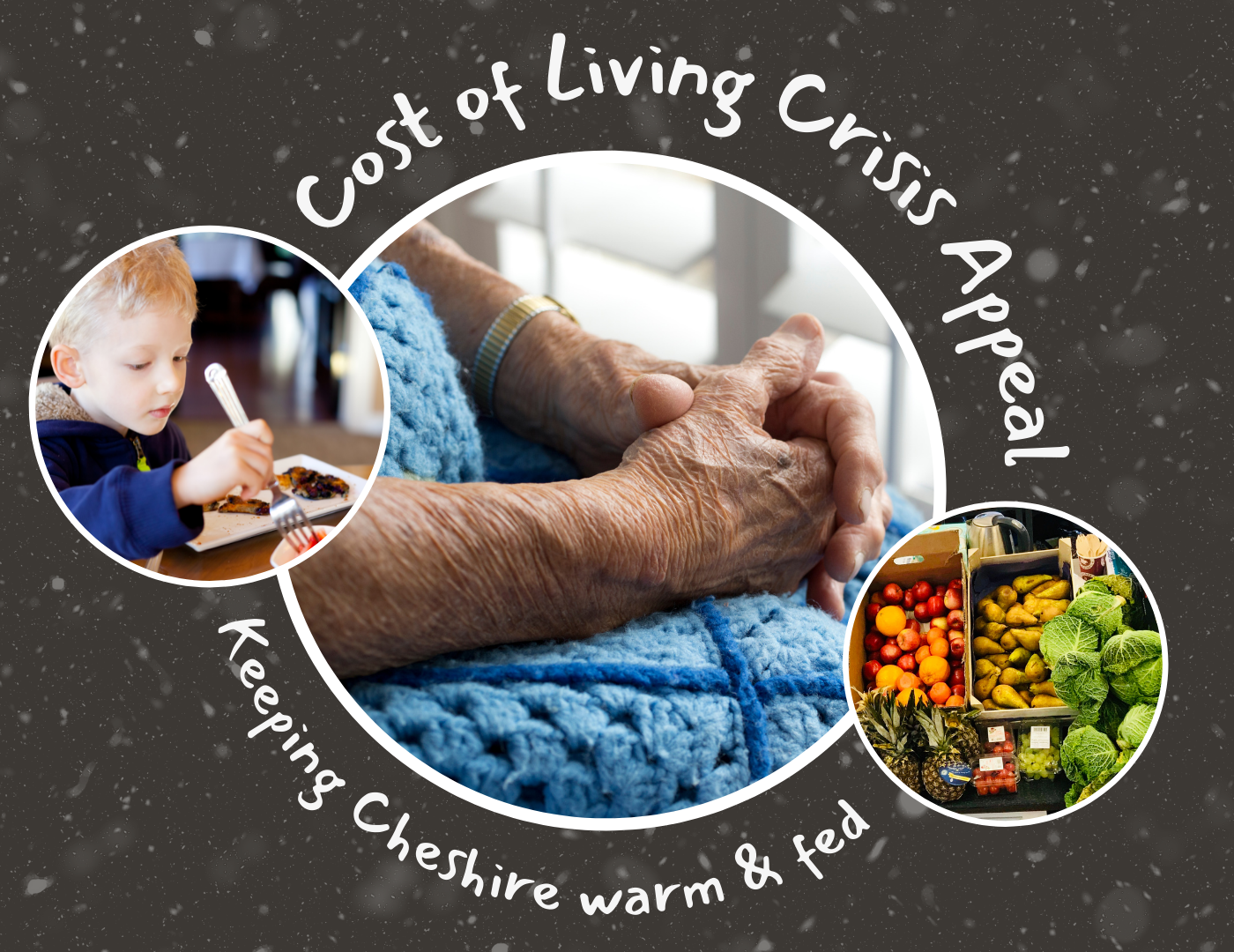
Whether you want to call it doomscrolling or simply listening to the morning news, it’s impossible to avoid the feeling of helplessness at the moment as we read and listen to the experiences of people and organisations who are hardest hit by the cost of living crisis.
A young mum trying to figure out how to wash and dry baby clothes in a freezing cold flat. A senior who’s had to turn to emergency food services. The community hall having to mothball its operations until the weather is warmer, because it won’t be able to pay its winter bills – with the spin-off impact for the Brownie and Scout troops, lunch clubs and sports classes which use it each week, and the myriad benefits they deliver for people of all ages, their health and wellbeing. Here in Cheshire and Warrington, over the summer it was energy and council tax debt which were the biggest worries for people talking to Citizen’s Advice services here, but it’s likely that energy, rent and credit arrears will feature much more strongly in the next sets of figures.
It’s easy to feel frustrated as we hear these sorts of stories. The desire to take action; to do something to help, whatever is in our power as humans just trying to support each other, is overwhelming. That’s where community foundations come in. Nationally, the community foundation network – of which Cheshire is a thriving part – has found that food and essentials, mental health support, debt and benefits advice and social inclusion are the things most in demand to help people this winter. They’re the sorts of needs that community foundations respond to all year round through our rolling programmes, from which smaller amounts of funding – often less than £2,500 – can make an impossibly big difference in the hands of a small, local project which knows exactly what it is there to do, and which has a deep relationship with those in need of its help.
Take Holy Trinity Church in Blacon, Chester – which has been using one of our small grants to test out the idea of making the church a warm space this winter: a place where people can come not just to get out of a cold home, but also to find a hot drink and food, and to be connected with other agencies which can help them direct from the hub. The church told us: “Many people in Blacon are struggling with their day-to-day bills…in a ward with significant socioeconomic deprivation: more than one third of children and more than a quarter of working age adults and pensioners here live in poverty.” And as another small grant recipient told us recently: “You may never know how much your generosity means, but we can assure you it means the absolute world to our patients and their families.”
Donating to our Cost of Living Crisis appeal is one way to do something. It will channel funding to the small but mighty Cheshire and Warrington projects which are helping people to navigate this time, whatever the impact for them.
Questions that we’re all encouraged to ask ourselves to help us process negative news, wherever we come across it, are: “Can I control it?” and “Can I change it?” While the answer to both questions might be “No”, donating anything we can afford, however small, is one way to feel like we’re doing something – and something powerful at that. As the painter Vincent Van Gogh once wrote in a letter: “Great things are not done by impulse, but by a series of small things brought together.”